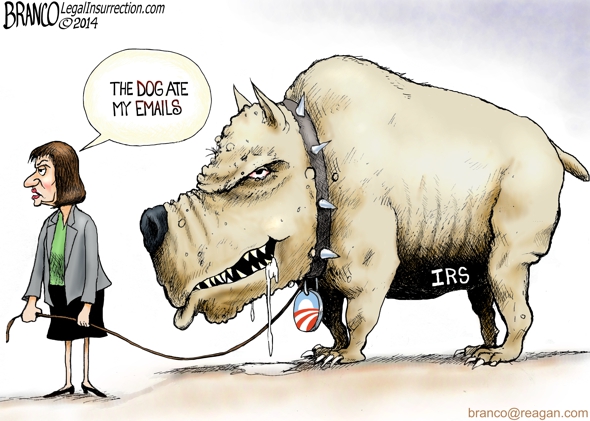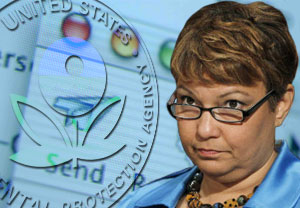Four Months After Withdrawal, Biden Admin Doesn’t Know Identities of Afghan Refugees Resettled in US
More than four months after the Biden administration airlifted nearly 75,000 Afghans out of the war-torn country, it still does not know the identity or backgrounds of many who have…





